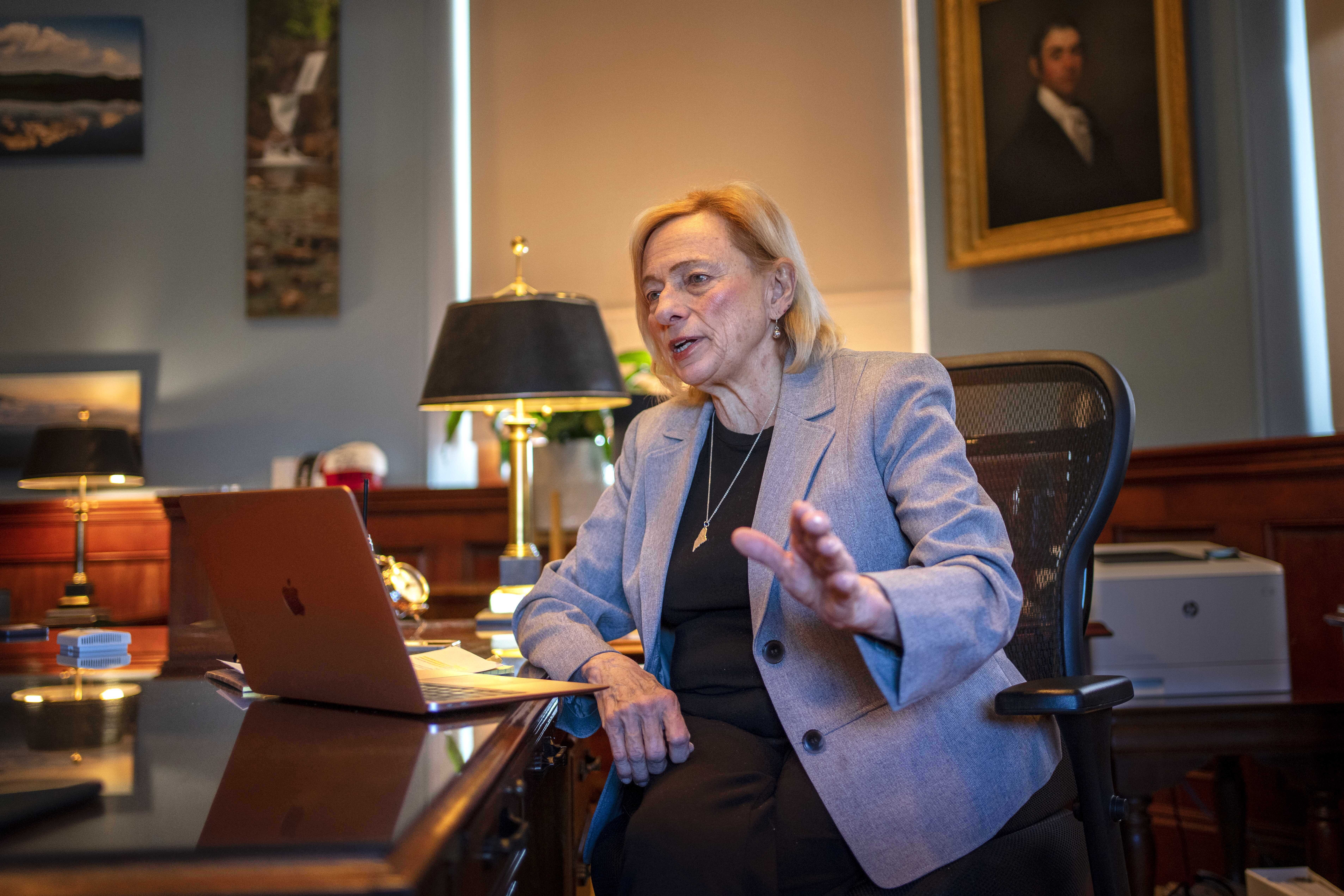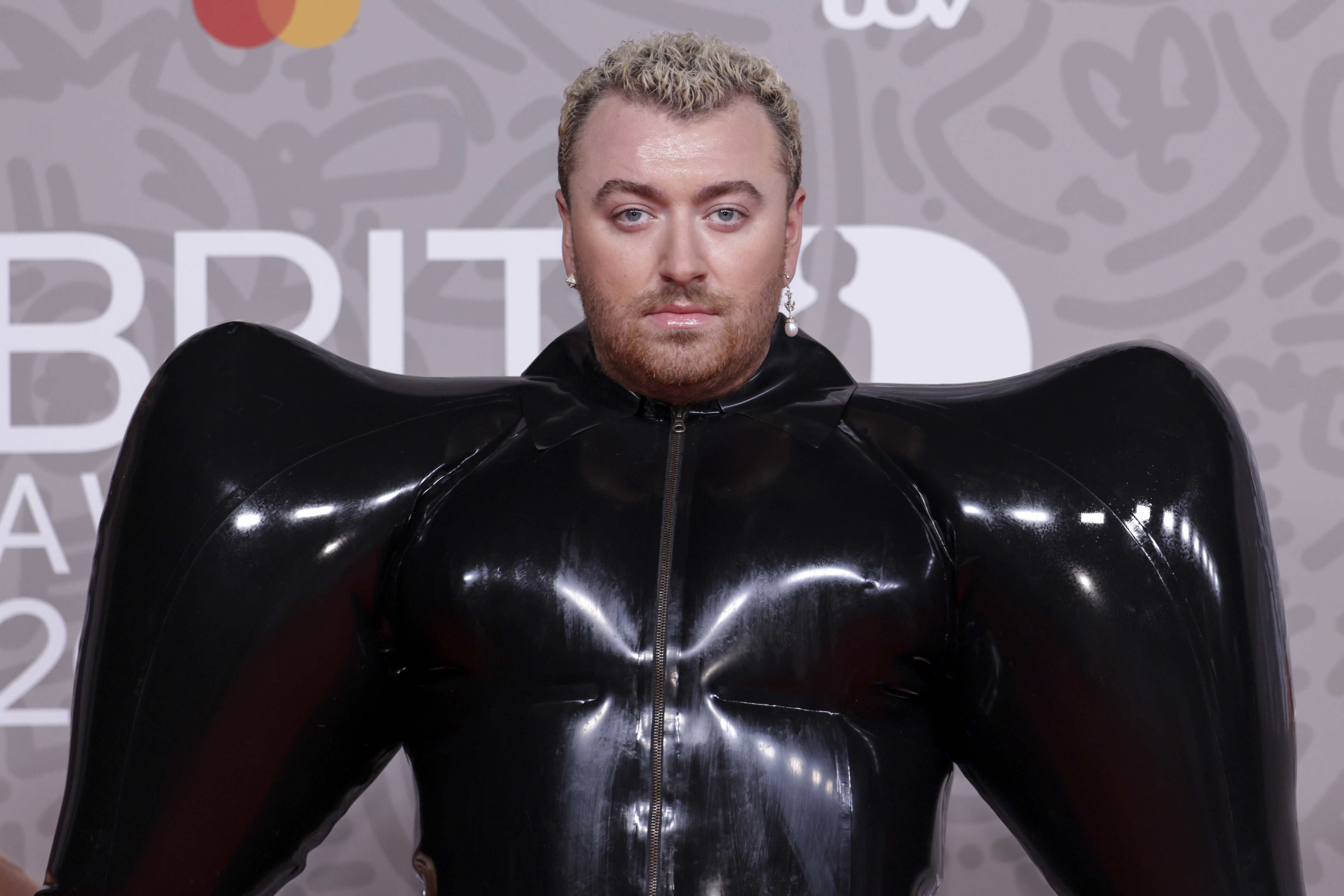WASHINGTON (NEXSTAR) — The U.S. Supreme Court appeared divided Wednesday on the fate of a Louisiana abortion law as abortion rights advocates voiced their concerns outside the court on one side and anti-abortion activists on the other.
The law requires doctors who perform abortions to have admitting privileges at a nearby hospital.
The challengers say the requirement would force all but one clinic in the state to close, but defenders argue the law protects the health and safety of women
“This is not a fight over whether abortion is legal,” said St. Sen. Katrina Jackson, D-LA, who sponsored the legislation. “The justices are deciding on whether women should have the same standard of care offered to them in Louisiana that’s offered to anyone else who has a procedure done in an outpatient clinic.”
“That hospital needs to speak to that physician who performed that service, that abortion to know how to treat that woman before she doesn’t have the ability to ever have kids again,” Jackson continued.
Inside the hearing, Justice Ruth Bader Ginsburg suggested most abortions don’t have complications that require a hospital visit and if they do, the issues occur when the patient is home, not still at the clinic. That’s why Ginsburg argued against the 30-mile requirement from a clinic to a hospital.
“Perhaps Justice Ginsburg remembers a time when doctors made house calls, but doctors don’t make house calls that often any more,” said Arkansas Attorney General Leslie Rutledge.
Rutledge led a 20-state amicus brief in support of the Louisiana law.
“It can save that woman’s life,” Rutledge said. “When we talk about it being a pro-life issue, it’s not just pro-life for the unborn. This is pro-life for women’s health.”
The Supreme Court struck down a similar Texas law four years ago. The attorney who won that case was back before the justices Wednesday, arguing they should do the same thing.
“Abortion in Louisiana is extremely safe with a low rate of complications,” said Julie Rikelman, the litigation director for the Center for Reproductive Rights.
Rikelman said the two state laws are identical. However, the Supreme Court is different. It now includes President Trump’s two conservative appointees, Neil Gorsuch and Brett Kavanaugh.
Gorsuch was silent during the arguments, but Kavanaugh asked Rikelman if admitting privilege laws would be unconstitutional in every state.
“The medical consensus has only grown stronger that these laws only impose barriers to abortion and do absolutely nothing for women’s health,” Rickelman said.
The high court should decide the case by June.
Chief Justice John Roberts could end up siding with the liberal side of the bench, suggesting Wednesday that he views the 2016 Texas ruling as binding.
Roberts joined a dissenting opinion from the court’s decision that found the law had no medical benefits and placed an unconstitutional burden on women seeking an abortion.










